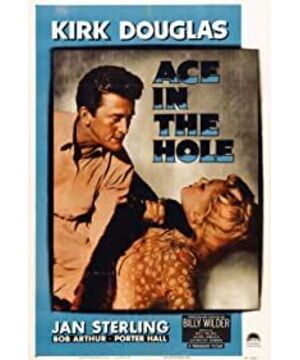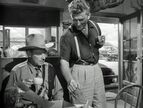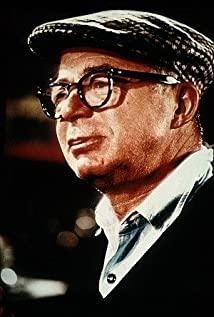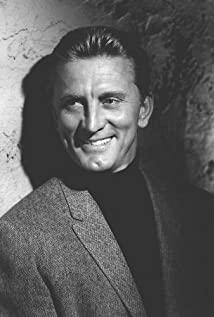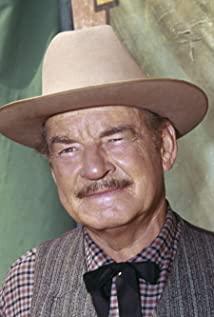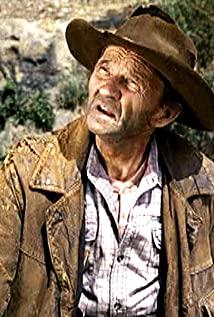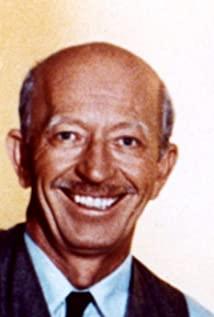There is no doubt that the practical significance of the film is greater than the film's story itself. In the late 1940s and early 1950s, the United States was in the golden age of boom-like prosperity. On the one hand, economic prosperity has driven the process of marketization, and the term market value has been raised unprecedentedly. On the other hand, economic prosperity has driven the development of the entertainment industry, film and television industry, and the concept of entertainment (entertainment) has long been formed and has cultivated a considerable number of audiences who love to watch news and lively events. On this basis, it is not difficult to understand the rise of hype and news-making. Therefore, once it is found that Leo is trapped in the film, this event will obtain its market value, and people will no longer focus on the failure of the rescue, but the report of the rescue process itself.
At the same time, there is a line in this movie that makes me sad: roughly because the rescue failed, this news is interesting. This involves the issue of news ethics, that is, whether to rescue victims of news events or the legitimacy of obtaining news means.
The trump card, the literal meaning of addiction itself, is more of a symbol of "getting a promotion opportunity". Chuk, keenly sniffing out the market value of this event, seized this trump card, seized this opportunity, and got a jump. However, once journalists and media media people have this utilitarian pursuit of winning the "trump card", the morality of journalism will be in jeopardy.
At the same time, the distortion of news, that is, selective deception (selective deception) is also often exploited. Recently, People's Daily, the country's top news media on Weibo, published a Weibo post saying: Unlike other urban management officers who violently enforce the law, the urban management in Zhengzhou, Henan spent more than 700 yuan to buy watermelons from melon sellers, and distributed the watermelons to various social institutions. such as nursing homes. And attach a sentence: Zhengzhou city management is good! There are many bloggers who forwarded this Weibo. Later, another Weibo broke the news: The RMB banknotes given by these chengguans to the melon dealers were all counterfeit, and the melon dealers suffered heavy losses! It was later verified that what this Weibo said was true. Just think, what is the credibility of the news of the official media? To report a piece of news, to screen some parts of the whole event, and to select favorable parts to report, where does the word "people" in the People's Daily stand out? The same twist is featured in Ace in the Hole. But the point is that the American people have already discovered and reflected on the film, and the practical significance of the film is quite effective. What about our country? There are too many similar cases, and needless to say.
However, is it a bad thing for the media to have too high demands on the personal qualities of journalists? A case similar to this film can refer to Pulitzer Prize winner Kevin Carter. He is a freelance photographer in South Africa. His work "The Hungry Sudan" won the 1994 Pulitzer Prize for "Feature Photojournalism". The work depicts a Sudanese girl who is about to starve to death on her knees, while a vulture stands behind the girl, staring at her, waiting to prey on the girl. After winning the award, an American journalist accused him of "selfishness and indifference, stepping on the girl's body to win the award and not helping." The point is, the reporter finally committed suicide with carbon monoxide, and his last words were: "Really, I'm really sorry everyone, the pain in life far exceeds the level of happiness." The issue of journalists' mental breakdown also brings us another level of reflection, whether it is "to push too hard" on journalists.
Make news or be a journalist of integrity? You choose.
View more about Ace in the Hole reviews


